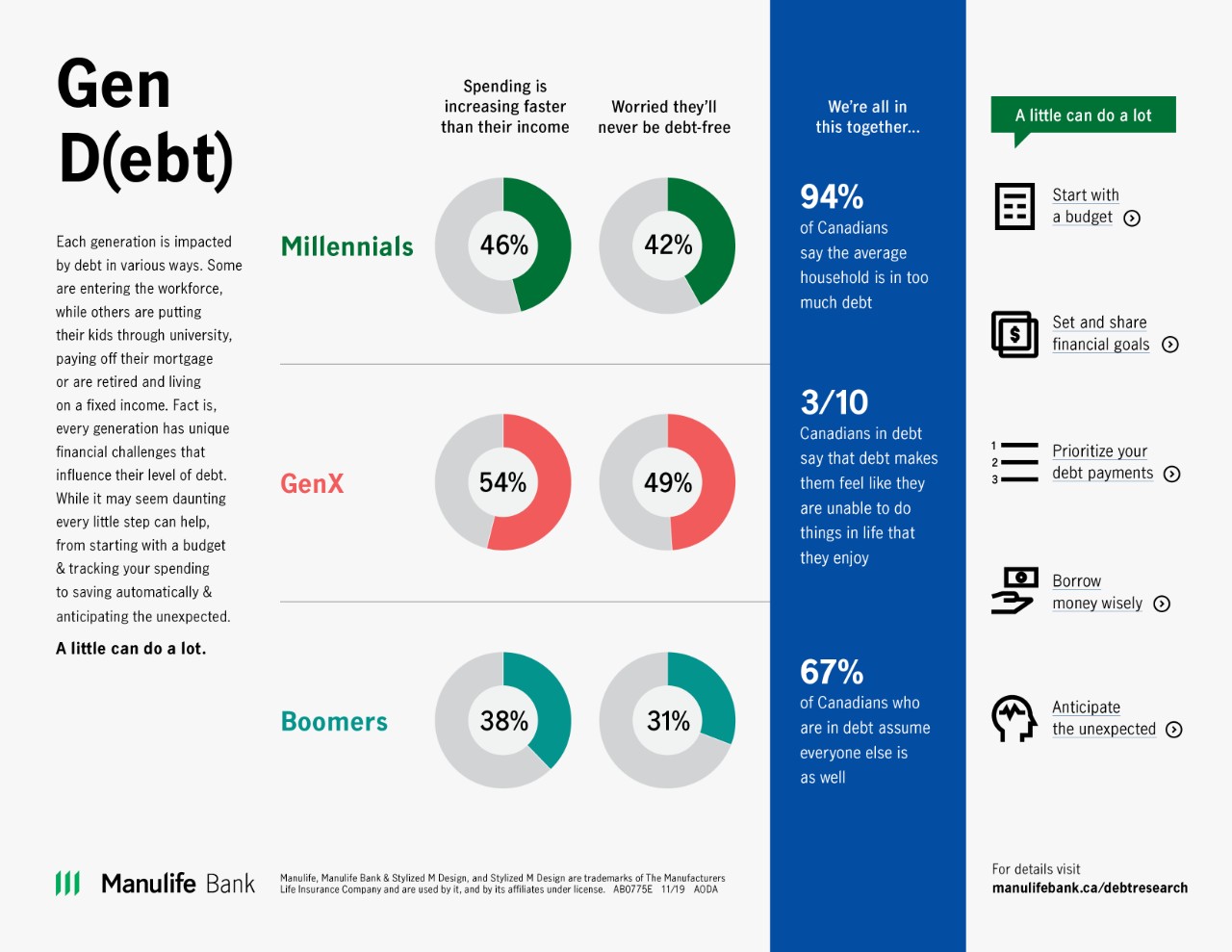Last time I talked about the importance of life insurance and how it can help your family if a life ending tragedy were to occur. This time around I would like to discuss another under appreciated insurance product that can save your family finances: critical illness insurance. Unlike life insurance, critical illness or CI pays you (yes, you are the beneficiary) if you survive an illness such as heart disease, stroke, or cancer. The Financial Services Commission of Ontario (FSCO) website has a great description of CI.
FSCO – Critical Illness Insurance
Note however, that not all policies cover all illnesses and when finding a policy that fits your needs, you should be aware (beware?) of the limitations of the policies that you are comparing.
That being said, an illness can have a drastic impact on the finances of a family. If a spouse develops cancer, for example, he or she may be unable to work for an extended period, perhaps longer than the group disability coverage at work allows. Is the family budget able to absorb that change of income? What if the other spouse needs to reduce working hours to care for the sick partner or a nurse or caregiver must be hired? At this point what happens to the family’s education and retirement plans? CI can cover these and other expenses by paying a tax free, lump sum payment. There are no requirements on what the money can be used on. It can cover the examples given above or be used for medications, treatments in another country, modifications to make the residence accessible, or even a trip to celebrate surviving. The point is that a major illness does not have the jeopardize the family’s financial well being.
I encourage you to read these two articles on the disability insurance through employee benefits and CI. Just think about how CI can help if your disability stops.
Cancer patient cut off from work benefits – Global News
Is critical illness insurance worth it? – Globe & Mail
With life insurance, there is no question that at some point the owner of the policy will die. But will the owner of a CI policy get sick? No, not everyone will develop a critical illness, but let me give you some numbers from the Canadian Cancer Society: 1 out 2 people will develop cancer. Thankfully, 3 out 4 people with cancer survive.
You can find out more from The Canadian Cancer Society
These statistics are both frightening and encouraging. Surviving a disease like cancer can alter a family’s way of life, including their finances. Even a partial loss of income for a relatively short period of time can alter lifestyle and impact education and retirement plans. Not to mention that there are emotional issues to deal with – why add worrying about finances to the list of stressors?
On a personal note, my immediate family has not been immune to critical illnesses and the non-medical collateral damage that they can cause. I encourage you to carefully consider CI and if it could help your family in a time of need. If you have questions or want to discuss further, please feel free to contact me.
Sincerely,
Chris










